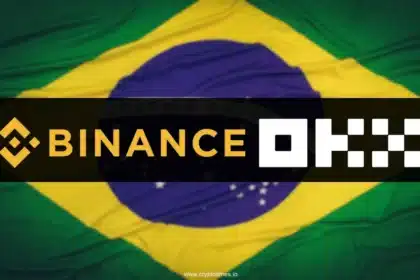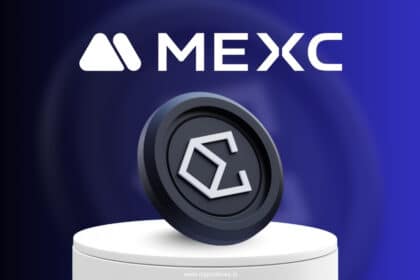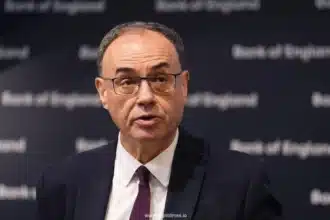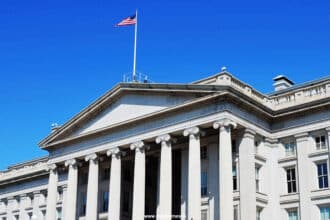Indian ruling party Bhartiya Janata Party (BJP) national spokesperson Pradeep Bhandari has urged the center to think seriously about building a Strategic Bitcoin Reserve, arguing that the global mood on digital assets has changed for good.
His call lands just as Washington locks Bitcoin into its balance sheet and tiny Bhutan quietly turns hydropower into a billion-dollar crypto hoard. “This isn’t a reckless pivot, it’s a calculated step toward embracing digital assets’ legitimacy,” Bhandari insists.
In January, the United States transformed roughly 200,000 seized Bitcoins, now worth more than $20 billion, into a sovereign buffer against inflation and market shocks. Plans announced at last month’s White House Crypto Summit go further: boosting the reserve through budget-neutral tactics that keep taxpayers off the hook.
Three states already allow treasuries to hold Bitcoin; several more are drafting similar bills. Bhandari sees the move as a loud geopolitical signal: when the world’s largest economy puts Bitcoin on its books, everyone else takes notice.
Bhutan’s hydro-powered play
Closer to home, Bhutan has mined Bitcoin since 2021 using surplus hydropower, amassing a war chest now topping $1 billion. What began as a lifeline after tourism collapsed in the pandemic now bankrolls public services and green projects.
Bhandari argues that India, with far bigger renewable capacity, could adapt the model at scale. The resources are here, he says. “India’s crypto policy—taxed but unregulated—needs clarity to unlock potential.”
Bitcoin differs fundamentally from both fiat money and gold. Its code caps supply at 21 million coins—an engineered scarcity that many see as a reliable store of value. It answers to no central bank and runs on a decentralized network, so no single authority can rewrite the rules.
Those traits—scarcity, independence, and round-the-clock liquidity—have earned Bitcoin the nickname “digital gold.” Yet it offers more than gold ever could: instant portability, programmable features, and cryptographic security fit for an internet economy.
India’s unfinished rulebook
Despite spearheading global crypto talks during its 2023 G20 presidency, New Delhi still lacks a clean legal framework. Crypto gains are taxed at 30 percent, but there are no licensing rules for exchanges, no guardrails for institutional adoption, and no pathway for a sovereign reserve.
The pressure to act has risen since the IMF reclassified Bitcoin as a capital asset, spurring Washington, Beijing, Brasília, and Moscow to push ahead with formal policies and pilot projects.
Talk inside Delhi’s policy circles points to a cautious trial: buying 5,000–10,000 BTC, financed by rupee-neutral instruments or the sale of dormant assets. Coins would sit in cold wallets protected by multi-signature keys and audited by outside experts.
A companion program could tap solar and wind capacity to run clean Bitcoin mines, matching India’s climate goals while adding domestic supply.
First ripples in the market
Crypto platforms reported a quick jump in BTC-INR volumes after Bhandari’s remarks. Industry voices, including exchange founders, praised the idea and called for a formal consultation paper.
Finance ministry officials say the proposal will figure in upcoming reserve management reviews. The RBI remains silent for now, though it has previously flagged risks tied to unregulated cryptocurrencies.
For the moment, the Strategic Bitcoin Reserve is only an idea. Yet it forces a bigger question: will India play architect or spectator in the next phase of global finance? With the United States stocking digital gold and Bhutan proving ambition isn’t bound by size, the window for decisive action is open, but it won’t stay open forever.
Also Read: India’s Crypto Dilemma: Can Growing Institutional Adoption Enable Regulatory Clarity?











